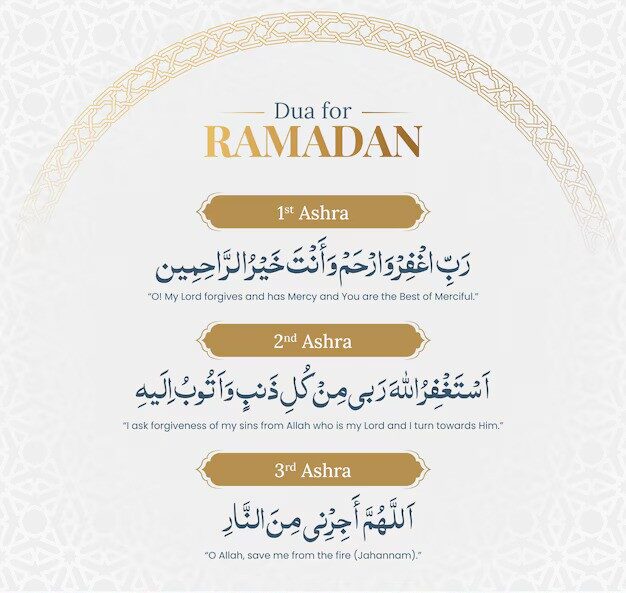Have you ever felt sad, alone, or like no one understands your pain? The last ayat of Surah Toba is one of those verses that brings peace to the heart. It reminds us that the Prophet Muhammad ﷺ cared deeply for us and that Allah is always kind and merciful. In this blog, we’ll explore the Surah Toba last ayat, its meaning, tafsir (explanation), and how we can apply it in daily life. Let’s begin.
Arabic Text of Surah Toba Last Ayat
لَقَدْ جَآءَكُمْ رَسُولٌۭ مِّنْ أَنفُسِكُمْ عَزِيزٌ عَلَيْهِ مَا عَنِتُّمْ حَرِيصٌ عَلَيْكُم بِٱلْمُؤْمِنِينَ رَءُوفٌۭ رَّحِيمٌۭ
Surah Toba Last Ayat in Urdu & English
Urdu Translation:
تمہارے پاس ایک رسول آیا ہے تم میں سے، جس پر تمہاری تکلیف بہت بھاری ہے، وہ تمہاری بھلائی کا بہت خواہشمند ہے، اور ایمان والوں پر نہایت شفیق مہربان ہے۔
Simple English Translation:
A Messenger has come to you from your own people. Your troubles are very hard on him. He cares deeply about your well-being. And he is kind and merciful to the believers.
Tafsir – Simple Explanation of Surah Toba Last Ayat
Let’s understand this ayah step by step:
- “A Messenger has come to you from your own people.”
- The Prophet ﷺ is one of us. He speaks our language, understands our culture, and feels our pain.
- “Your troubles are hard on him.”
- Whenever we are in pain, he feels it too. He doesn’t want us to suffer.
- “He is deeply concerned about your well-being.”
- The Prophet ﷺ always wanted good for us, both in this life and the next.
- “He is kind and merciful to the believers.”
- The Prophet ﷺ showed love, care, and patience, especially to those who believed in Allah.
This ayah shows us the beautiful character of our Prophet ﷺ. It also reflects Allah’s mercy because He sent such a caring Prophet to guide us.
Lessons from Surah Toba Last Ayat
Here are some key lessons:
- We are never alone. The Prophet ﷺ understood us better than anyone else.
- He always wanted relief for his Ummah, not hardship.
- Allah chose a messenger full of kindness, not anger or harshness.
- This verse reminds us that Allah’s mercy is always near.
When Was This Ayat Revealed?
The Surah Toba last ayat is one of the final verses revealed to the Prophet ﷺ before he passed away. Some scholars say this verse came after the Farewell Hajj. It was like a final message of love and care for the Ummah.
How Can We Use This Ayah in Daily Life?
Here are a few ways:
- Recite it for peace: This verse brings comfort during stress or sadness.
- Reflect on its meaning: Think about the love of the Prophet ﷺ for you.
- Memorize it: It’s a short ayah that’s easy to learn. You can also set a reminder on your phone to read it daily.
- Teach children: Help your kids understand the kind nature of the Prophet ﷺ.
Benefits of Reciting Surah Toba Last Ayat
While no specific hadith mentions special rewards for reciting this ayat, it is widely respected for reflection and peace of heart. Some of the emotional benefits include:
- Feeling closer to the Prophet ﷺ
- Gaining hope when life feels hard
- Remembering that Allah always cares for us
Final Words
The Surah Toba last ayat is like a warm hug from Allah and His Messenger ﷺ. It reminds us that we are not forgotten. The Prophet ﷺ loved us, cared for us, and guided us with kindness.
Next time you feel down, read this ayah slowly. Let its words enter your heart. And remember, Allah is always Ra’uf and Raheem.
FAQs About Surah Toba Last Ayat
1. What is the main message of this ayah?
The love and care of the Prophet ﷺ for his people.
2. Can I read this when I’m sad?
Yes, it brings peace and hope.
3. Is there any reward for reciting it?
No specific reward is mentioned, but it’s great for reflection.
4. Why is Surah Toba without ‘Bismillah’?
It starts with warning, not mercy, so Bismillah was not added.
5. Can kids memorize this ayat?
Yes, it’s short and meaningful.
6. Should I read this daily?
It’s good to read and reflect often.
7. Is this verse only for Muslims?
It talks about the Prophet’s kindness, mainly toward believers.
8. What tafsir should I read for more info?
Tafsir Ibn Kathir and Tafsir Jalalayn are good options.
9. Can I share this verse with non-Muslims?
Yes, it shows the loving nature of Islam.
10. Is this ayah good for motivation?
Definitely, it brings hope and reminds us of Allah’s mercy.
